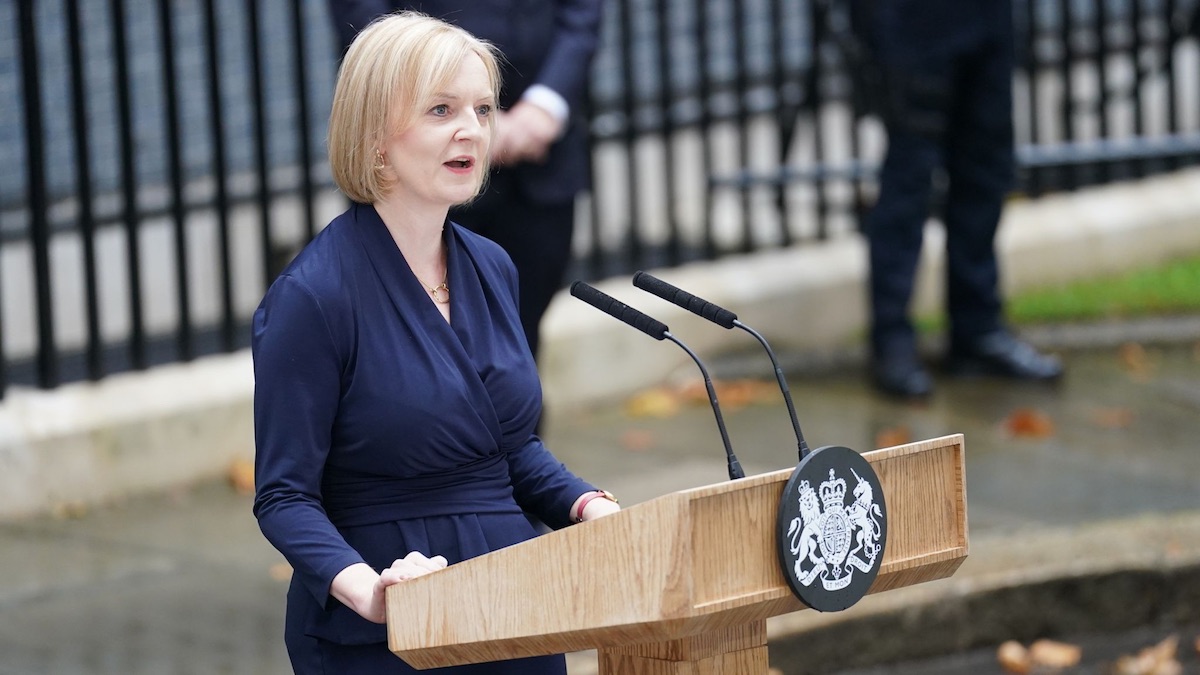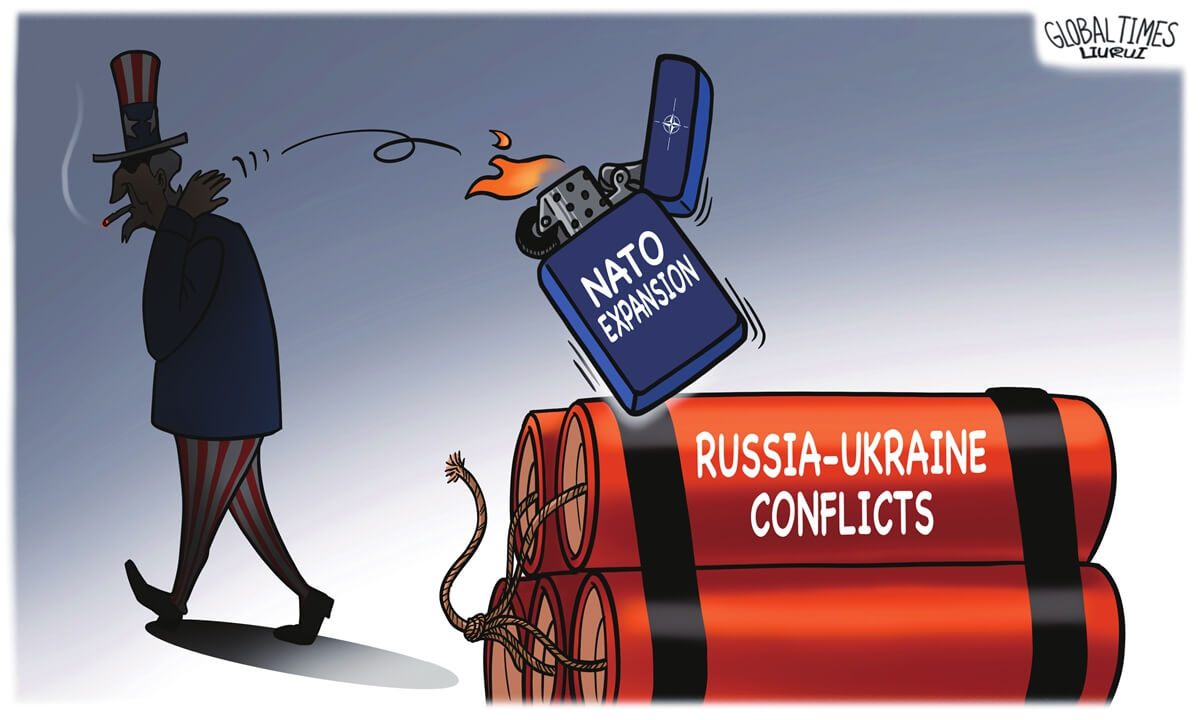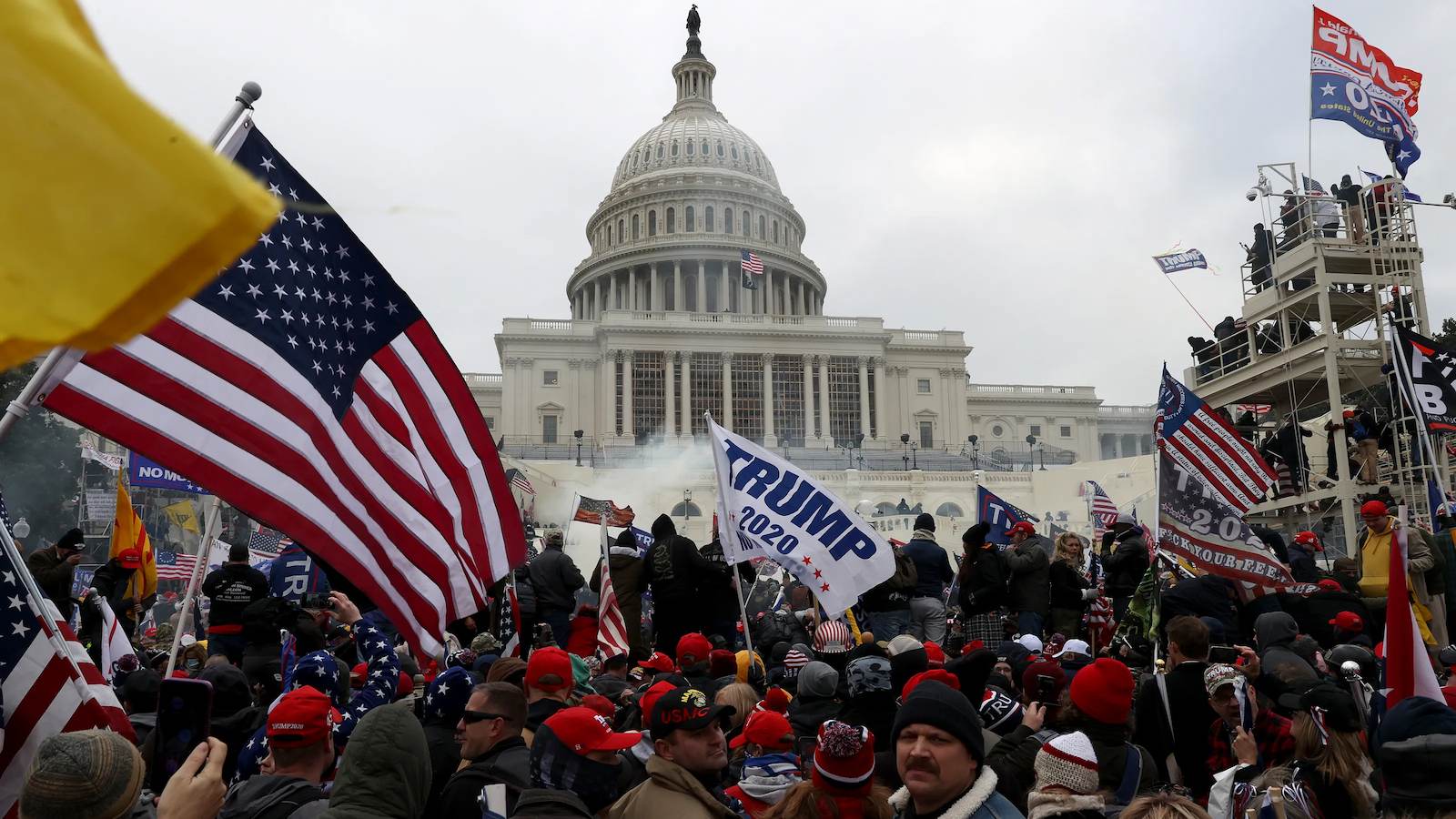
As predicted by the British media, Conservative member of parliament and British Foreign Secretary Liz Truss has won the ruling party's leadership contest and become UK's third female prime minister after Margaret Thatcher and Theresa May. Six months ago, British media intentionally compared Truss to Thatcher and portrayed her as a decisive political hardliner. However, British think tanks and London's business community have been calm about the result and have not given high hopes to this female politician, which shows the anxiety of British intellectual community about the future of the country's politics and diplomacy.
Truss will be largely influenced by the mainstream political forces within the party in terms of her future policy. In recent years, a lack of original political thinking in the British Conservative Party has become increasingly apparent, and the basic power structure of "strong parliament and weak government" will stay as the main feature of British politics for a certain period in the future. There is very limited room left for Truss's foreign policy choices as she has long been branded as a hardliner.
Since Brexit, British foreign policy has departed from the "Global Britain" strategy, introduced in 2017, and has been increasingly characterized with ideologization and "Anglo-Saxonization." Since the Joe Biden administration came into power, the UK has actively responded and promoted ideological diplomacy based on Western values. Through Western multilateral diplomatic occasions, Truss has made the UK the most committed European partner of US foreign policy.
It's foreseeable that the special relationship between the UK and the US will be further strengthened under the general situation of increasingly intense turbulence in the world landscape. As a European country in the geopolitical sense and a maritime country in the cultural development sense, Britain is irreplaceable in the US power map. Despite the attempt of a shift in its foreign policy since former British prime minister David Cameron was in power, mainstream British politicians have always been steeped in the imperial complex of old-world colonialism, relying on the US as its only diplomatic option. Conservative bigwigs believe that Truss's diplomatic stance toward the US is "trustworthy."
A future Truss government will most likely exacerbate the inherent contradictions in the bilateral relationship between the UK and Europe, which is determined by the climate of British domestic politics. In general, on the issue of weakening the internal unity of the EU, the US and the UK share the same principle and position. The UK has actively intervened in the Russia-Ukraine conflict since its outbreak, showing unusual enthusiasm for it. Truss herself has even used extremely aggressive and tough rhetoric on numerous occasions to reinforce the confrontation in the conflict and exacerbate the conflict between the EU and Russia.
The new prime minister is tougher than her predecessor Boris Johnson in dealing with the issues of the Brexit agreement. In order to cover up the economic losses and social chaos of Brexit these years, the Johnson government has described the country's socio-economic crises as a "price" that it had to pay to get rid of dependence on the EU market. Truss will still be subject to strong constraints from populist political forces at home in addressing the conflicting interests of the UK and Europe.
Against the backdrop of Biden's efforts to orient global political landscape toward the confrontation between the West and the non-West, the space for China and the UK to develop bilateral relations has been greatly compressed, and it is unrealistic to discuss a positive interaction between both sides. Following the US in opposing China on fundamental issues is a basic feature of current British diplomacy.
The Truss administration will conduct various operations on uniting with the US against China. However, given that British diplomacy has not completely abandon sanity and pragmatism, hopefully the Truss government will not go too far.











